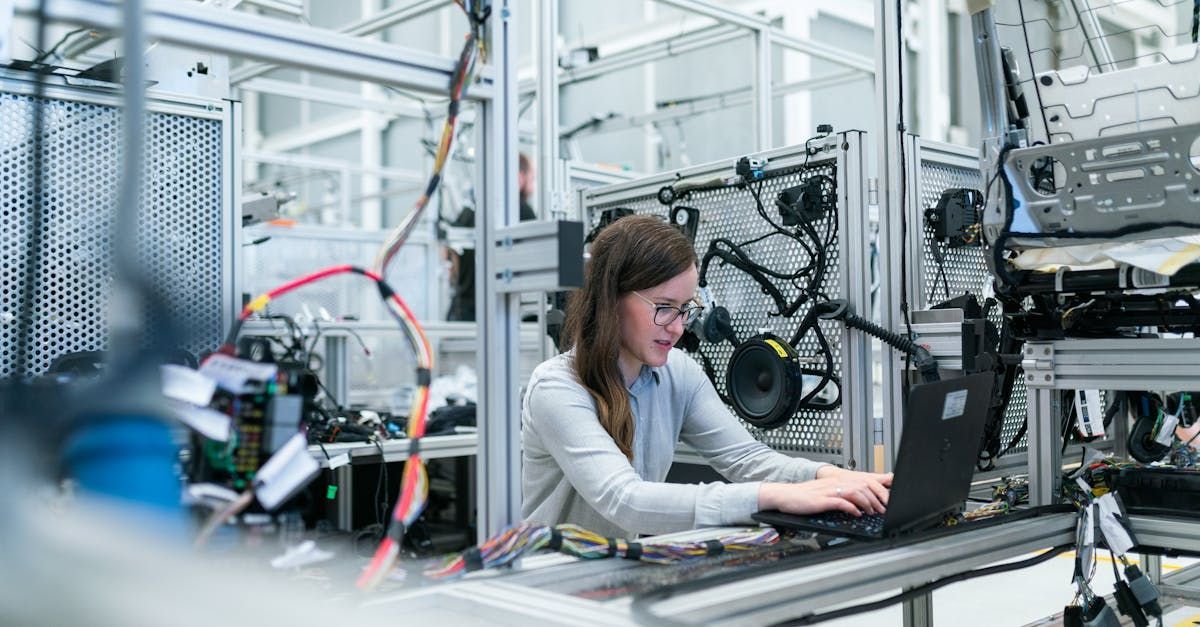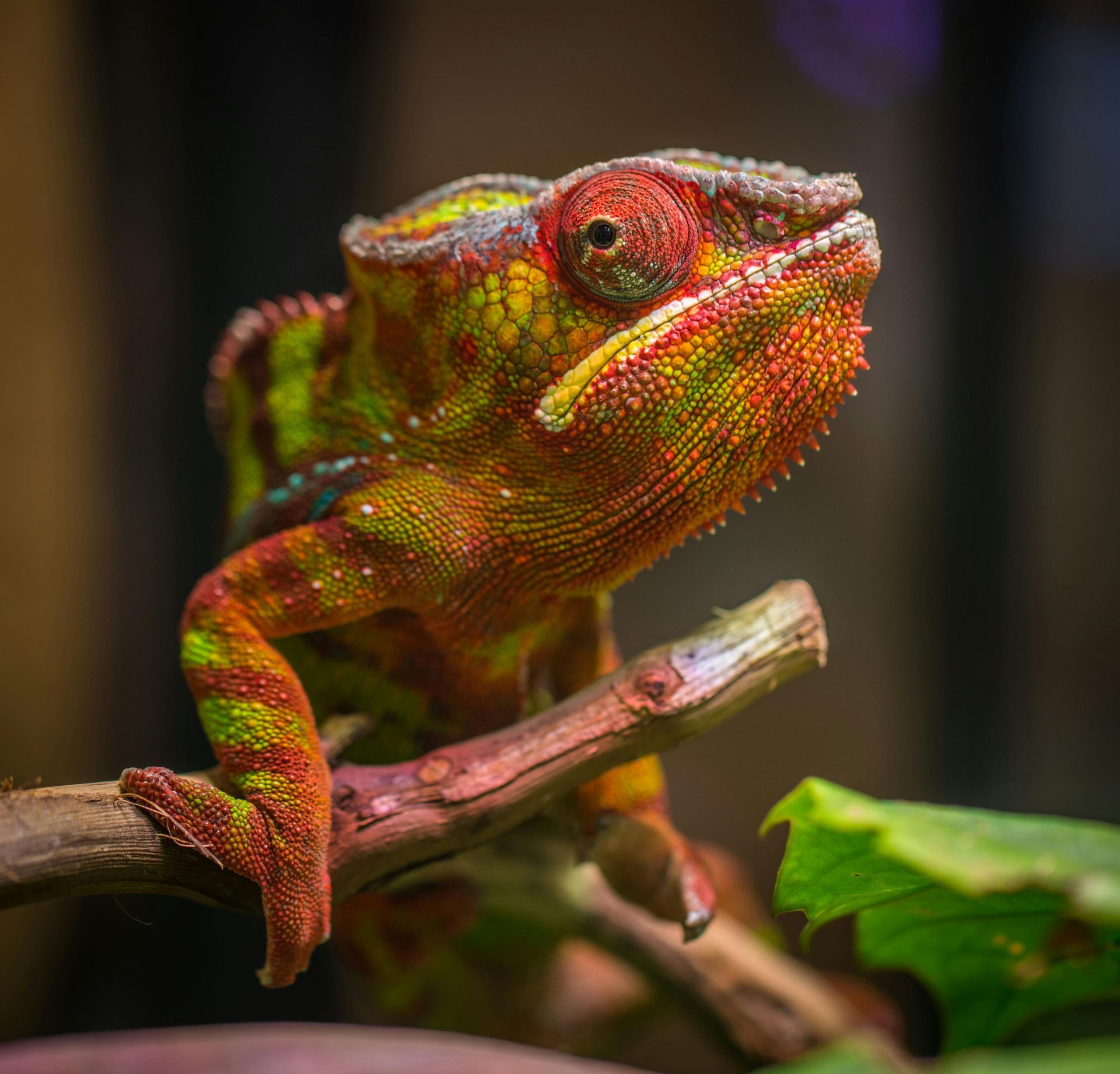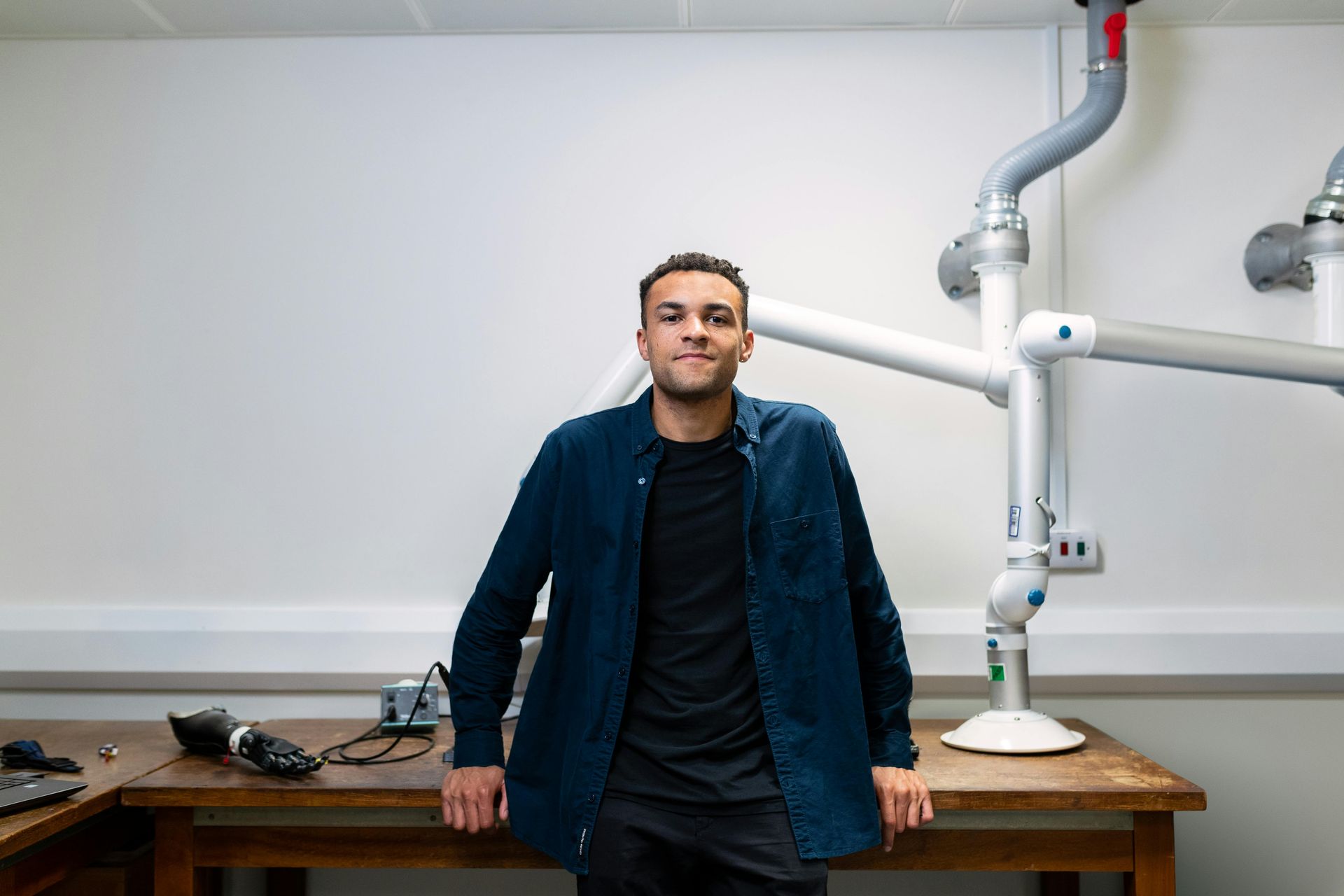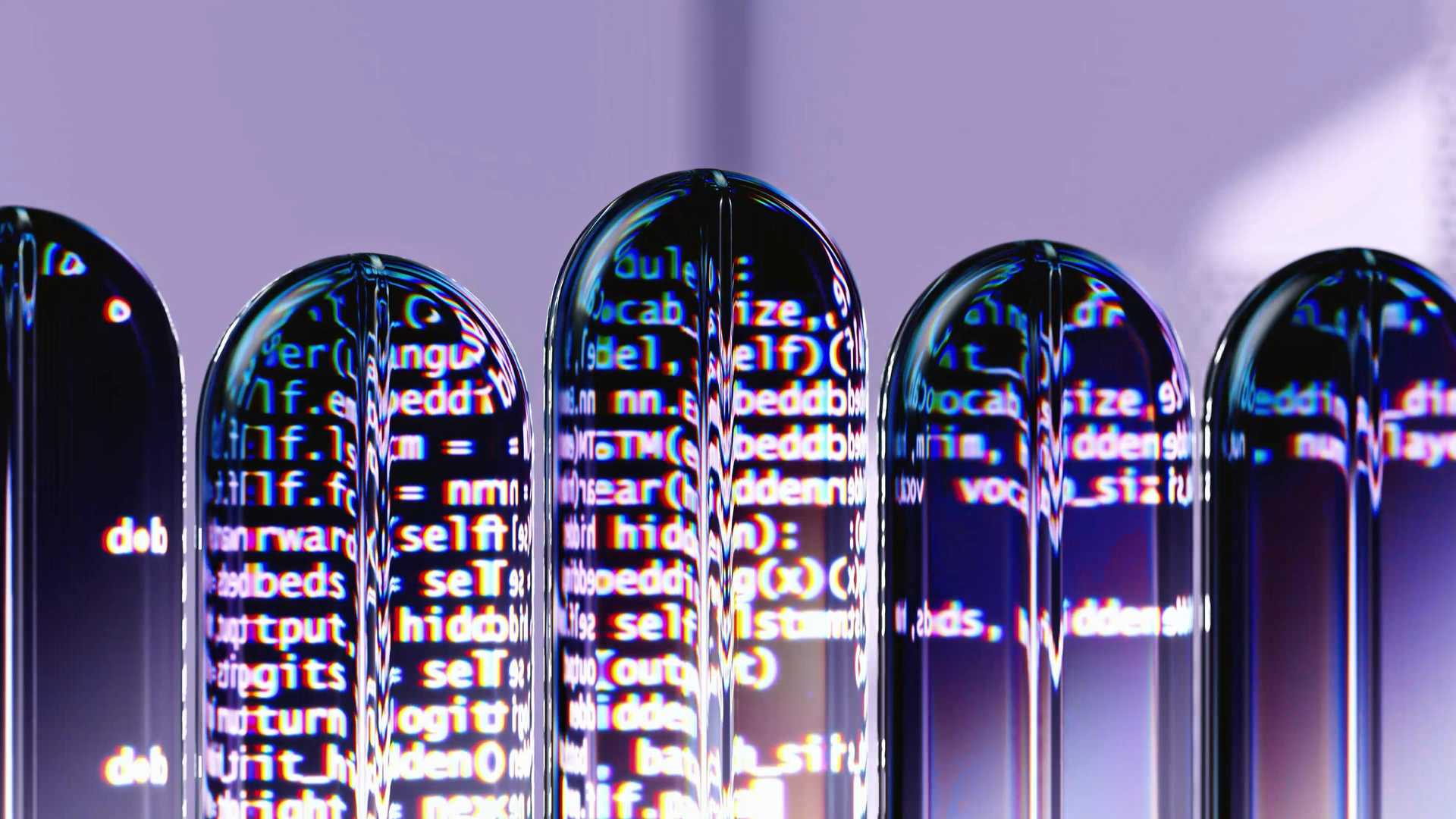Omics & AI: How the Intersection of Two Revolutions is Reshaping Drug Discovery Careers
The Future of Drug Discovery is Being Rewritten
A decade ago, drug discovery was driven by trial-and-error experiments, lengthy development cycles, and a heavy reliance on human intuition. Today, the game has changed.
The rise of Omics - spanning genomics, proteomics, transcriptomics, and metabolomics - has unlocked unprecedented biological insights. At the same time, AI is transforming how we process and interpret vast, complex datasets, making drug discovery faster, smarter, and more precise.
This intersection of Omics and AI isn’t just changing science - it’s redefining careers in life sciences. Researchers, computational scientists, and bioinformaticians are finding that traditional skills alone aren’t enough anymore.
Why Omics & AI Are Reshaping Careers in Drug Discovery
This shift isn’t just about making drug discovery more efficient - it’s about changing the entire approach to how new therapies are developed. Here’s what’s driving the transformation:
- Data, not just hypotheses, now drives discovery – Traditional drug discovery relied on forming a hypothesis first, then testing it. Now, AI combined with vast Omics datasets can predict disease pathways and drug efficacy before a single lab experiment begins.
- The demand for hybrid expertise is soaring – It’s no longer enough to specialize in either biology or machine learning. Scientists who understand both are in high demand, as they can bridge the gap between lab research and computational analysis.
- Predictive models are cutting time and costs – AI-driven algorithms can model drug-target interactions and predict outcomes, shaving years off traditional development cycles. As a result, companies are relying less on wet-lab experimentation and more on in silico drug discovery.
- Regulatory and ethical challenges are creating new roles – As AI takes on a bigger role in research, AI ethicists, regulatory specialists, and compliance experts are becoming essential to ensure transparency, accuracy, and adherence to evolving guidelines.
The Talent Shift: What Skills Are Now Essential?
As the industry evolves, so do expectations for talent. The most sought-after professionals today combine computational, analytical, and biological expertise - a blend that was far less common just a few years ago.
Computational Biology & AI Skills
- Machine learning and deep learning applied to drug discovery
- Data science and statistical modeling for biological datasets
- Programming (Python, R, TensorFlow, PyTorch)
- High-throughput Omics data analysis
Domain-Specific Scientific Knowledge
- Systems biology and Omics interpretation
- Structural bioinformatics and molecular modeling
- CRISPR and gene-editing techniques
- Translational research and biomarker discovery
Soft Skills That Matter More Than Ever
- Ability to work in interdisciplinary teams (biologists, AI engineers, chemists)
- Strong problem-solving and critical-thinking abilities
- Understanding of ethical considerations in AI-driven research
What This Means for Job Seekers & Hiring Managers
If you’re a scientist, your career in drug discovery depends on expanding your computational skills. Whether it’s through formal training in AI, data science, or machine learning, staying ahead means adapting to this shift.
If you’re a hiring manager, traditional recruitment approaches won’t cut it anymore. The best candidates may not come from pure biology or bioinformatics backgrounds—many are transitioning from physics, engineering, or AI research. To stay competitive, companies need to broaden their hiring scope and actively engage computational specialists alongside life scientists.
Conclusion: Adapting to the New Drug Discovery Landscape
Omics and AI aren’t just revolutionizing how therapies are developed - they’re changing who develops them. Scientists, data experts, and computational researchers who embrace this shift will find themselves at the forefront of life sciences.
For companies, success in this new landscape means rethinking hiring strategies, expanding skill requirements, and moving beyond traditional talent pools.
Those who fail to adapt risk falling behind in an industry that’s moving faster than ever.
At Symbiotica, we specialize in identifying top-tier talent in Omics, AI-driven research, and computational drug discovery. If you’re looking to hire the expertise that will define the future of life sciences, get in touch today.
Contact Us
Hiring is data. Retention is psychology. The best companies get both right - only the exceptional make it a strategy
















